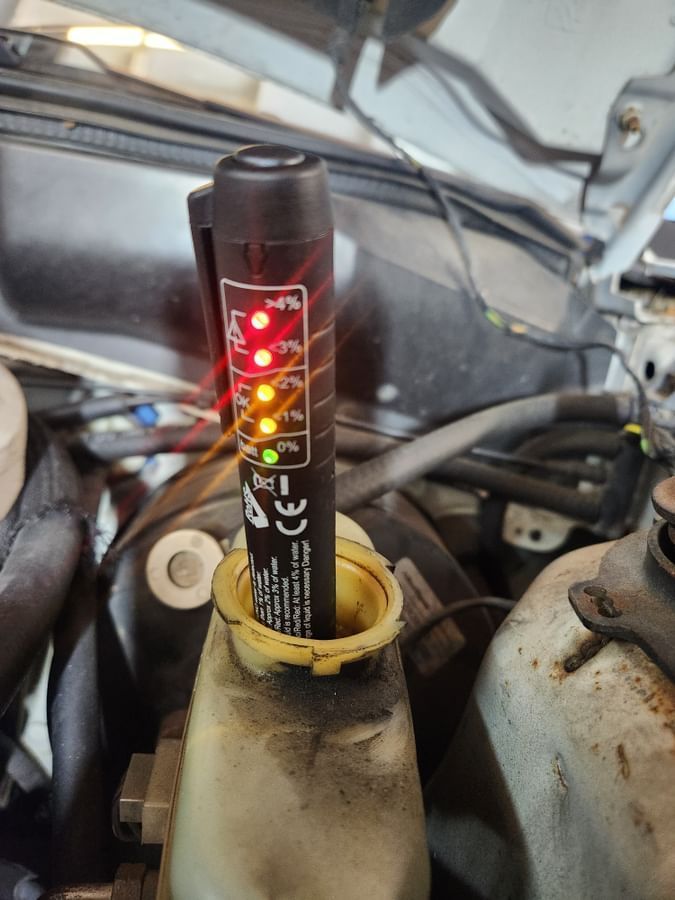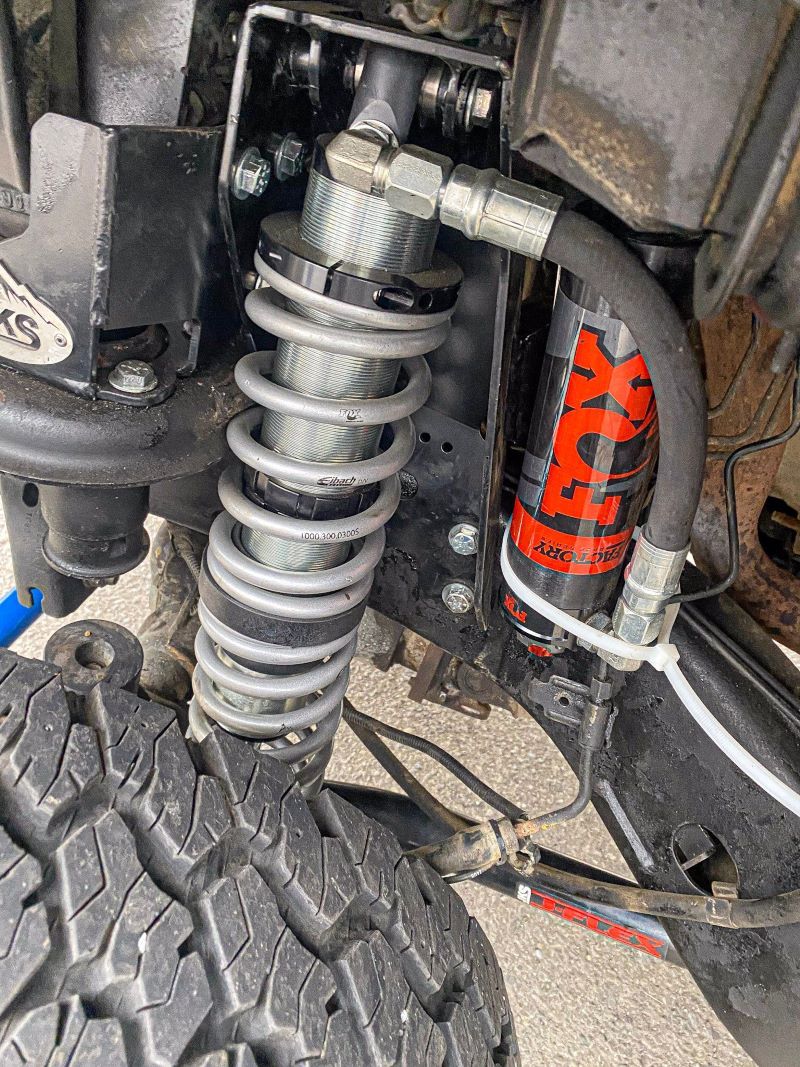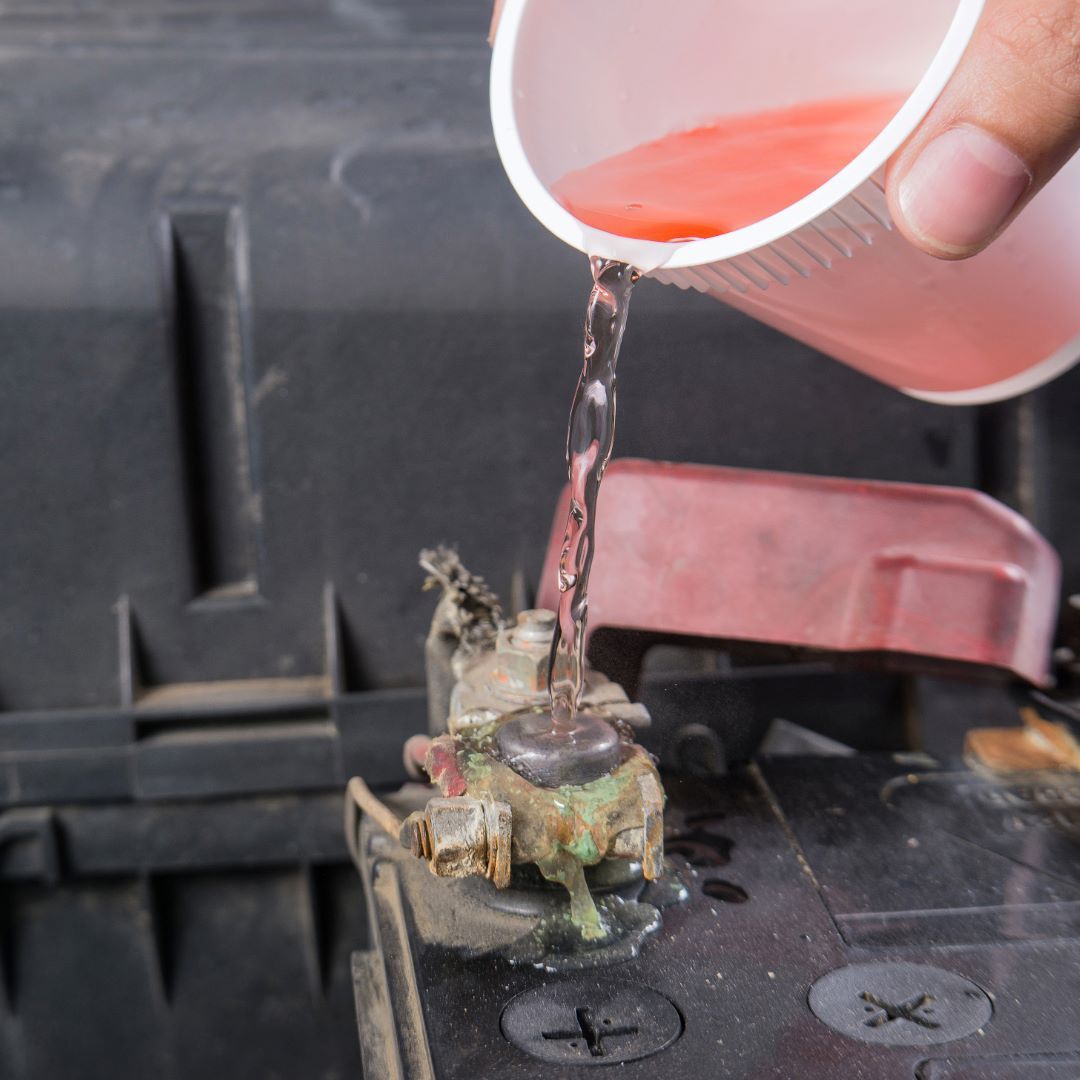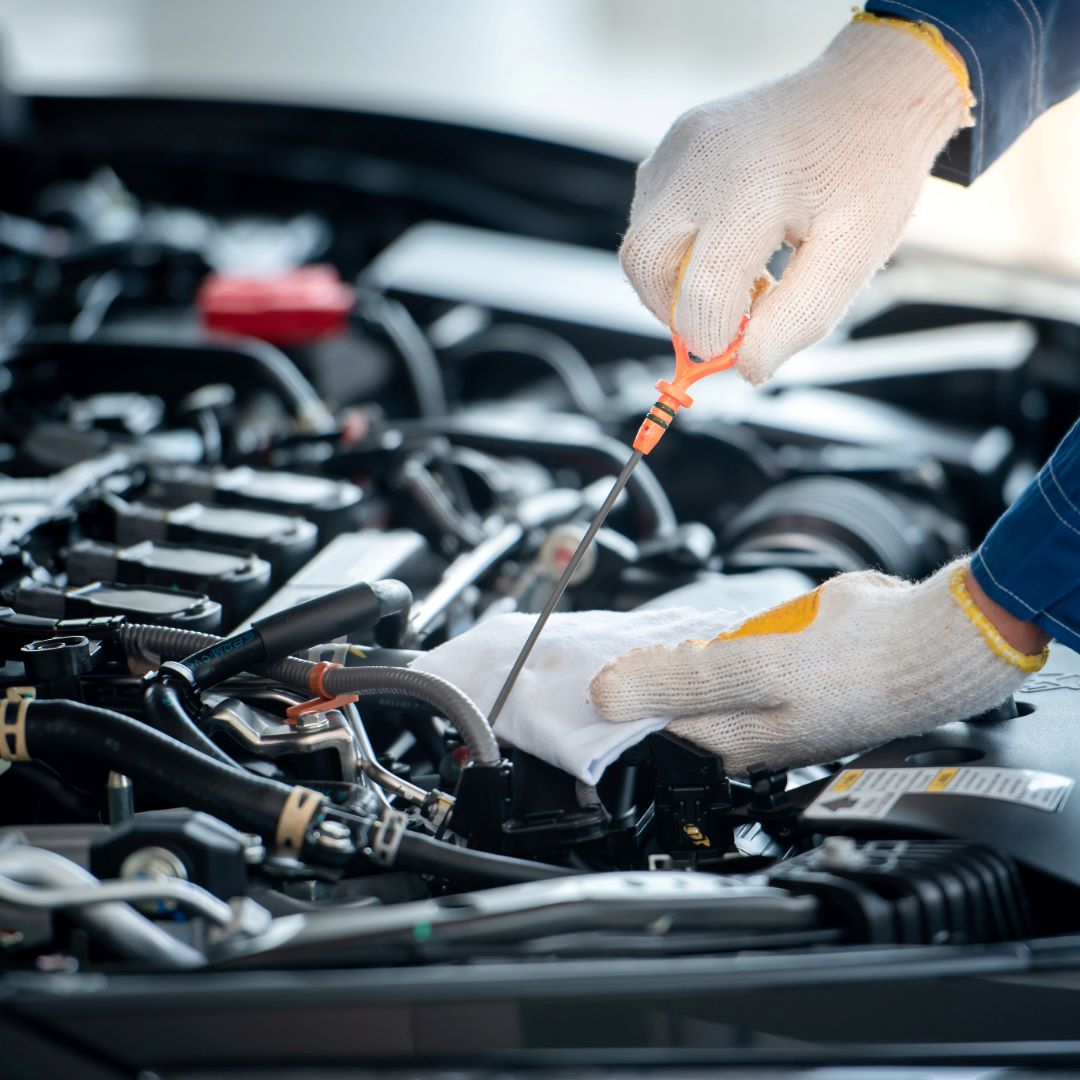Brake Maintenance: What Every Driver in Burien Should Know
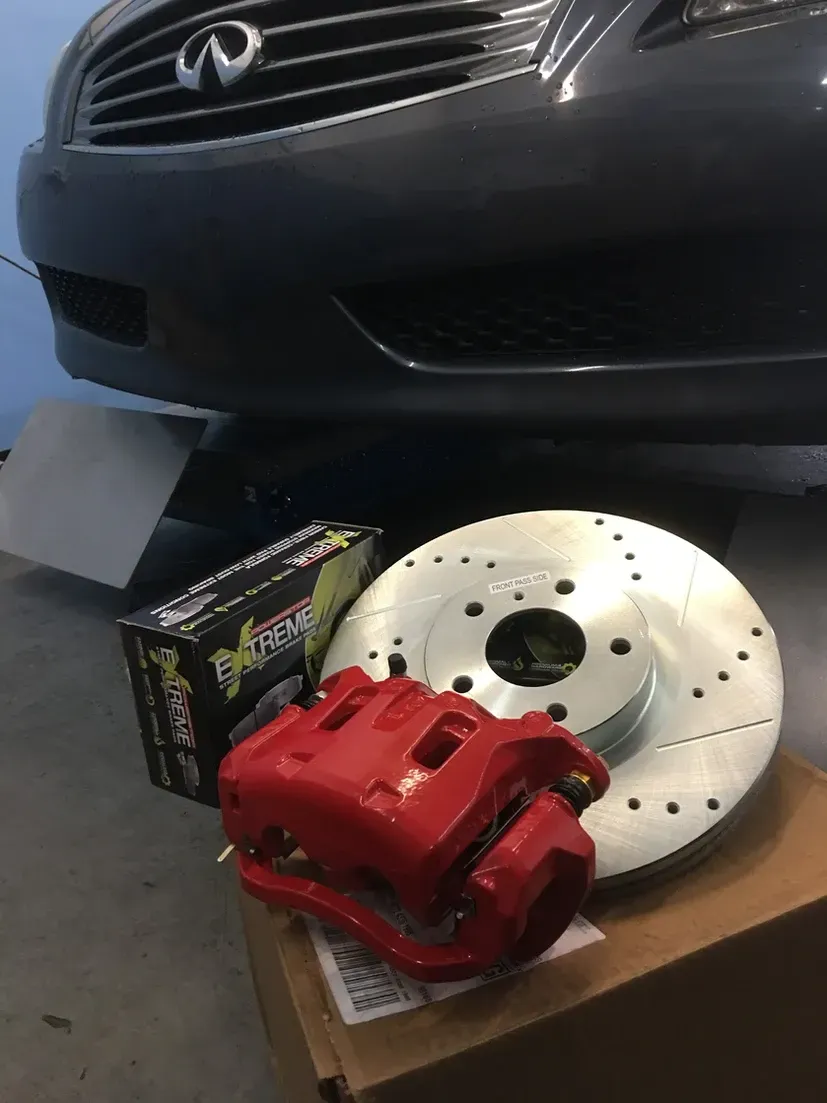
This is a subtitle for your new post
Your vehicle’s brake system is one of the most critical safety features. If it fails, the result could be catastrophic ranging from costly repairs to dangerous accidents. Fortunately, with proper care and maintenance, you can avoid most brake-related issues and extend the life of your braking components.
Here’s everything you really need to know to keep your brakes in top condition.
How Your Braking System Works
When you press the brake pedal, you’re triggering a complex but reliable system that uses hydraulic pressure to slow your vehicle.
Here’s the simplified process:
- Your foot presses the brake pedal, which transfers mechanical force to the brake booster.
- The booster amplifies this force and sends it to the master cylinder beneath the brake fluid reservoir.
- The master cylinder pressurizes the brake fluid, sending it through the brake lines to each caliper.
- The calipers squeeze brake pads against rotors (discs) mounted on your wheels, creating the friction needed to slow and stop your vehicle.
Brake Components You Should Know
While the full braking system has many parts, the key components that require regular attention include:
- Brake Fluid
- Brake Pads
- Brake Rotors (Discs)
- Brake Lines
Let’s break down the maintenance needed for each:
Brake Fluid
Brake fluid is a hydraulic medium that transfers your pedal input to the brake calipers. For it to work properly, it must be:
- Clean (free from moisture or debris)
- At the correct fill level
- The right type (check your reservoir cap for specifications)
Maintenance Tip:
Check your brake fluid every time you fuel up. Keep an extra bottle in your trunk, and flush the system according to your owner's manual or every 2–3 years. This prevents internal corrosion and keeps braking responsive.
Brake Lines
Over time, air can get trapped in the brake lines, compromising the hydraulic pressure. This makes your pedal feel spongy and reduces braking effectiveness.
Maintenance Tip:
Have your brake lines bled every couple of years, or whenever you replace your brake pads. This ensures consistent pressure and performance.
Brake Pads
Your brake pads are designed to wear down over time. When they get thin, a small metal tab—called a wear indicator—rubs against the rotor to produce a high-pitched squeal. Other signs your pads need replacement include:
- Grinding or scraping sounds
- Reduced braking power
- Vibration or spongy pedal feel
Maintenance Tip:
Don’t wait for grinding. Schedule a brake pad replacement as soon as you hear squealing or notice reduced performance. This avoids damaging your rotors.
Brake Rotors (Discs)
Rotors are technically consumable, but with normal driving and timely pad replacement, they can last the life of your car. Excess heat or prolonged metal-on-metal contact can warp or score them, requiring disc resurfacing or replacement.
Maintenance Tip:
Avoid hard, prolonged braking especially when driving downhill or towing heavy loads. If you notice pulsing when braking at high speeds, it may be time to resurface or replace your rotors.
Two Ways to Extend Brake Life and Save Money
- Maintain your brakes proactively
Routine brake inspections, fluid flushes, and pad replacements will save you from costly repairs and downtime. - Drive with intention
Avoid aggressive driving, tailgating, or rapid braking. For example, coasting gently to a red light instead of accelerating and slamming the brakes saves wear on your pads and improves fuel economy.
Where to Get Brake Service in Burien
If you're in the Burien area and need brake maintenance, repair, or inspection, visit ABC Auto Repair. We provide complete brake system diagnostics, pad replacements, fluid flushes and more all backed by honest service and fair pricing.

